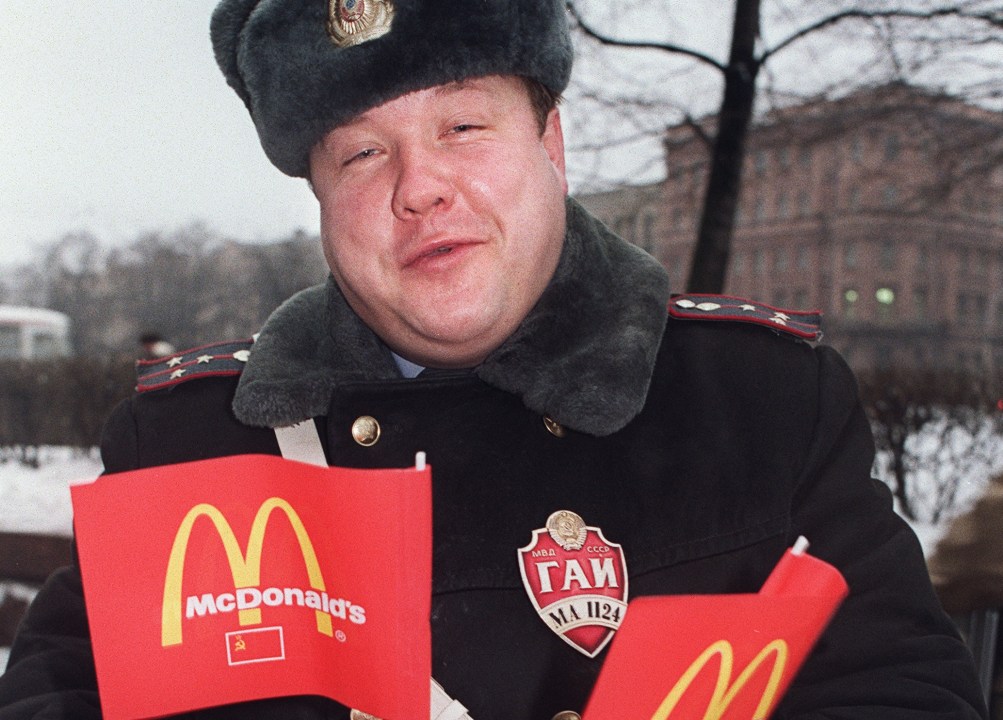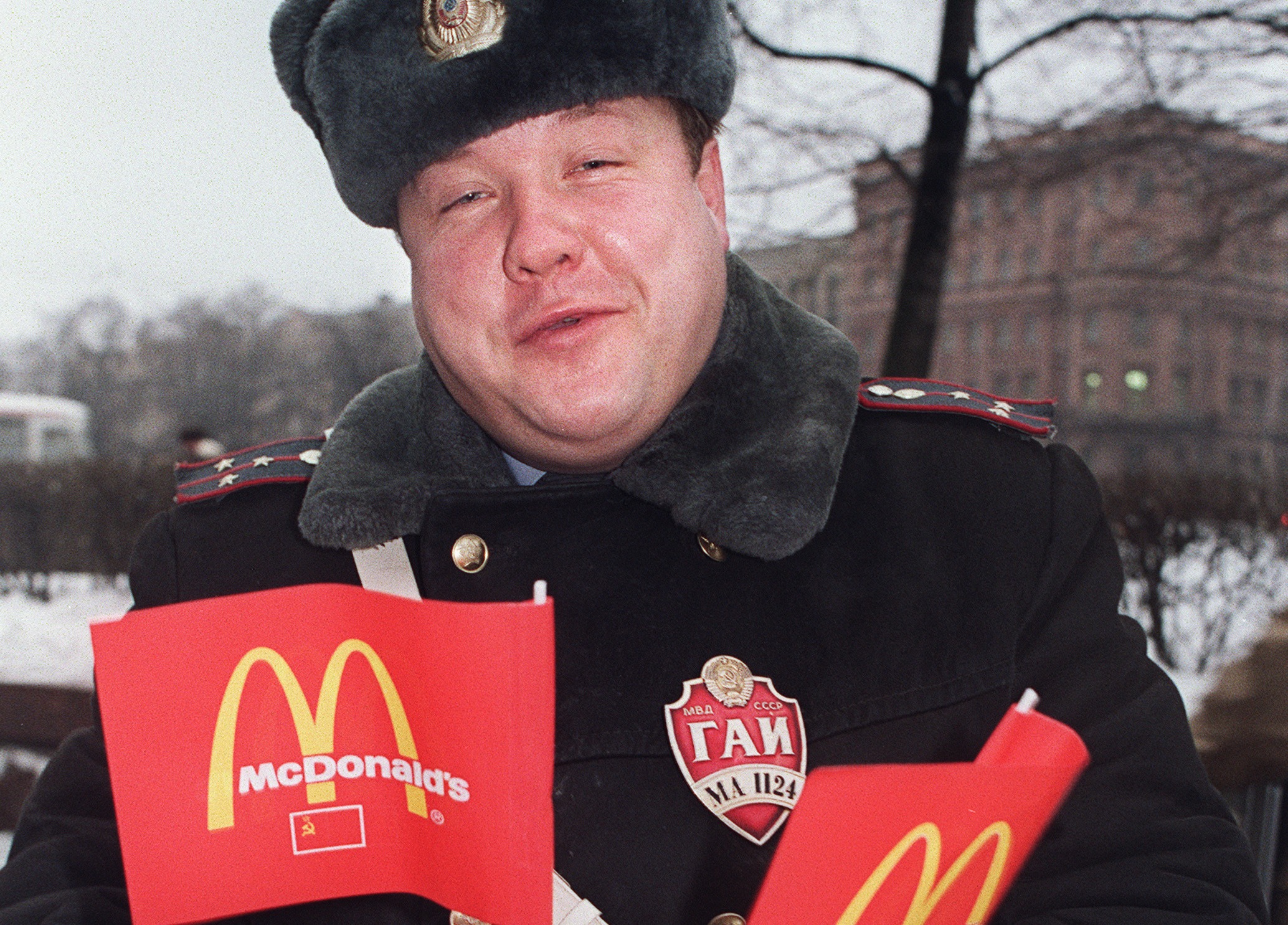It didn’t take long for preliminary discussions between the US and Russia on Ukraine to morph into something dramatically more ambitious. As negotiators left talks in Riyadh this week, both sides signalled their intent to reach agreement not only Ukraine, but also on economic and geopolitical cooperation.
President Donald Trump’s remarks following the talks – which were led by US Secretary of State Marco Rubio and Russian Foreign Minister Sergei Lavrov – made it sound as if a full rapprochement between the US and Russia was within reach. An almost gravity-defying change in US foreign policy toward Russia is in the works.
Three years after the full-scale invasion of Ukraine, and 11 years after the illegal annexation of Crimea and conflict in Donbas, what would the return to business-as-usual between Russia and the US look like?
Business-as-usual with Russia is, of course, a slippery term.

Britain’s best politics newsletters
You get two free articles each week when you sign up to The Spectator’s emails.
Already a subscriber? Log in








Comments
Join the debate for just £1 a month
Be part of the conversation with other Spectator readers by getting your first three months for £3.
UNLOCK ACCESS Just £1 a monthAlready a subscriber? Log in